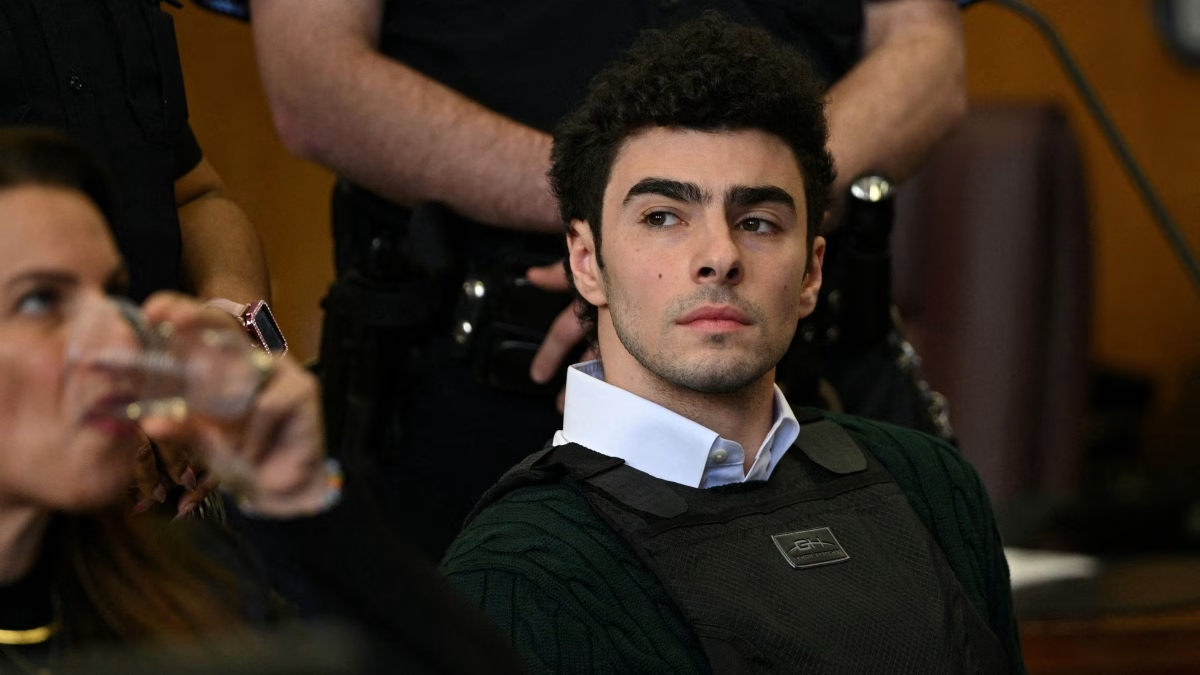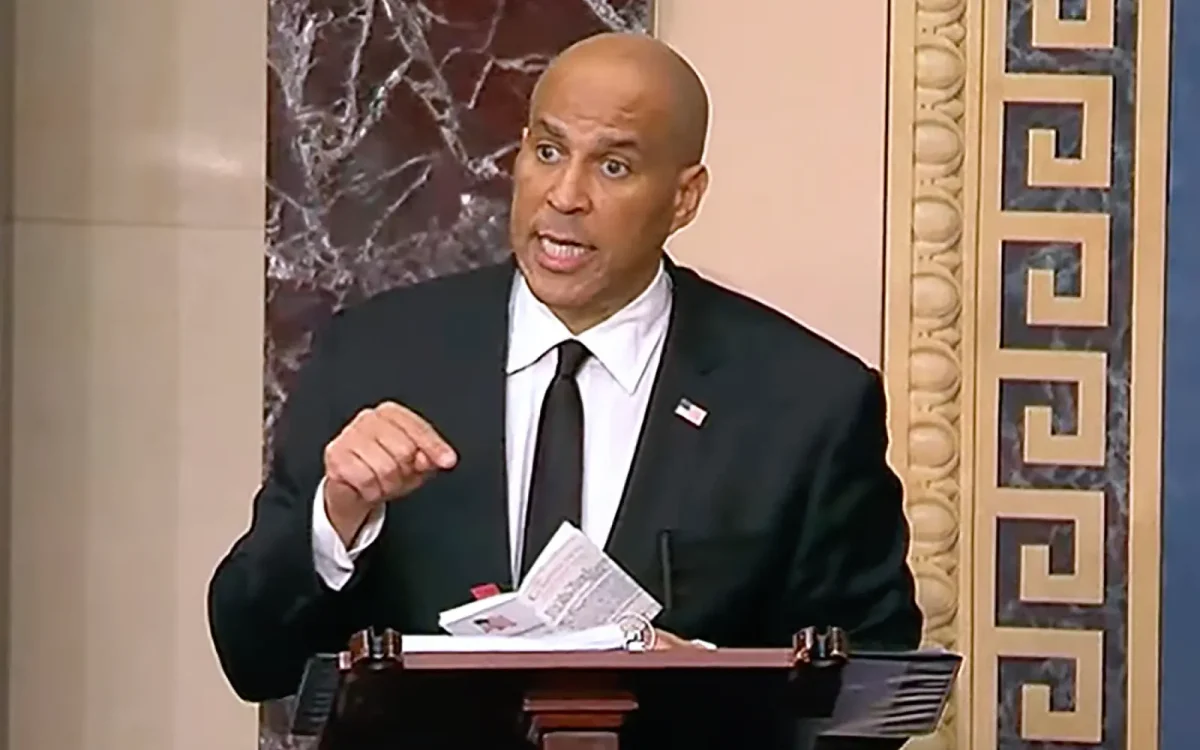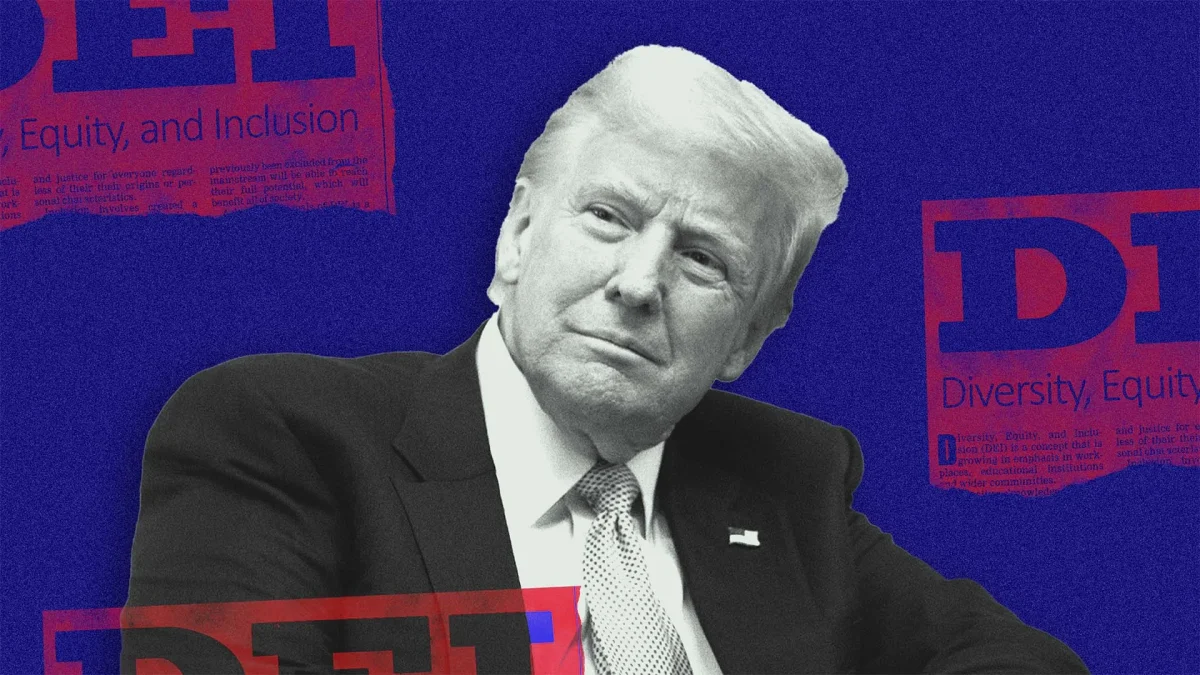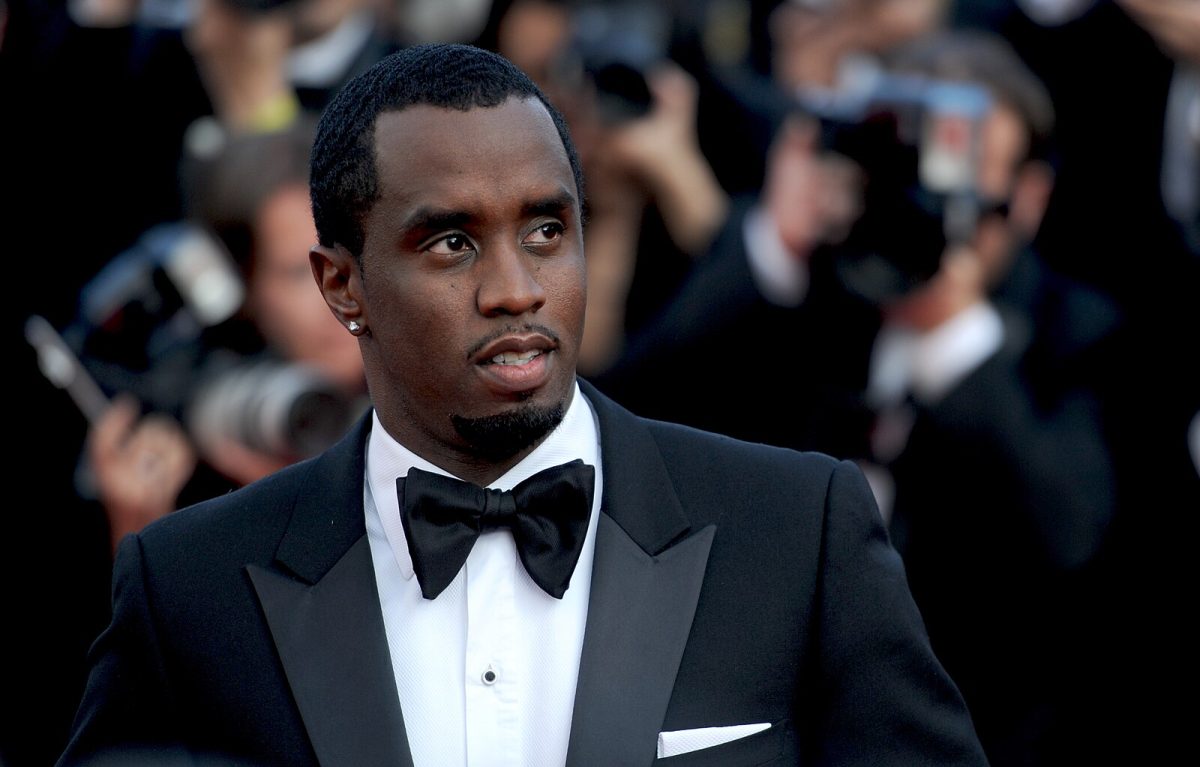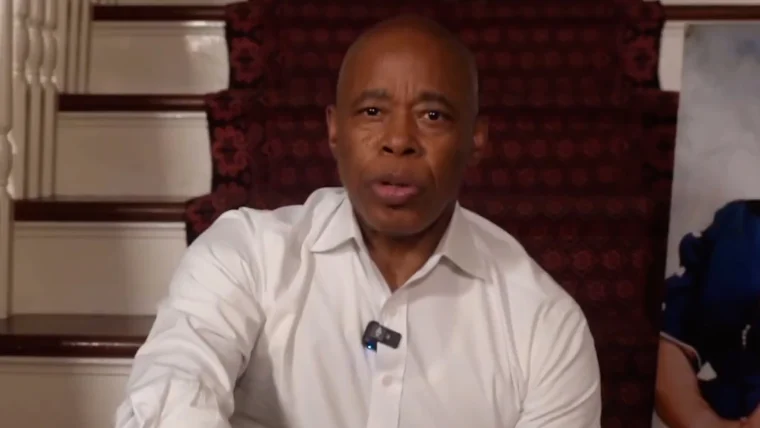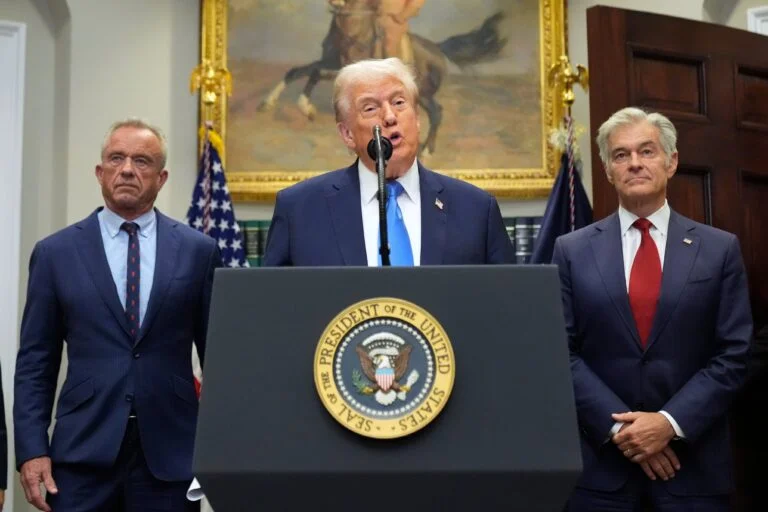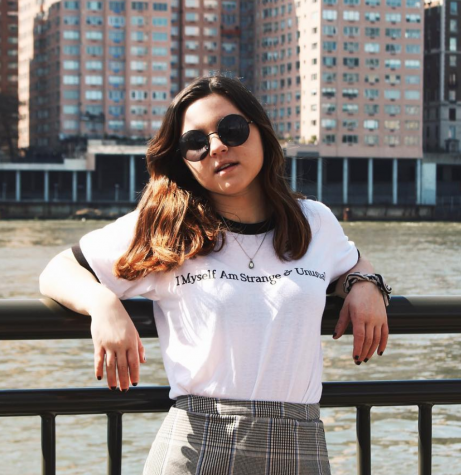As of Feb. 1, Uber is implementing an increase in the base fare of their ride sharing services due to new New York City legislation. The Taxi and Limousine Commission recently enacted the Driver Earnings Rule that requires new mile-per-minute rates so drivers can earn at least $27.86 per hour depending on the number of customers a driver has per hour.
Uber released a statement on their blog expressing their approval for the fare hike. “It aligns with one of our core missions: to connect drivers to the best earnings opportunities.” The company also promised to “ensure that your ride remains as affordable as possible.”
The fare increase is a victory for members of the Independent Drivers Guild which consists of approximately 70,000 New York City-based drivers employed by companies such as Uber, Lyft, Juno, and Via. Since the city’s $15/hour minimum wage requirement doesn’t apply to independently contracted drivers, the fare hike will benefit drivers. They’ll be making about $17.22/hour, which is $5 more than they currently make, according to Vox.
However, other ride sharing companies Lyft and Juno are suing the state of New York over the minimum wage increase. Since the rule is based on how many rides a driver gives in an hour, Lyft claims it benefits only Uber, which has the dominant share of the market. Juno said this new rule would “destroy competition in the New York City ridehail market.” The IDG condemned their decision to sue, saying, “simply enforcing the minimum wage would increase driver earnings by nearly $10,000 per year. Shame on Lyft and Juno for prolonging the suffering for their drivers – thousands of hardworking New Yorkers – and their families.”
The fare increase could be a potential source of concern for University students who rely on Uber and other ride sharing services for travel. “I think that, based on the very basic service they provide at various quality [levels], it would be unreasonable for them to raise prices!” said University junior Sarah Gibney.
In addition to the base fare increase, government mandated taxes and fees will add to the overall price of an Uber trip. City and state governments collect an 8.875% sales tax on rides, as well as a 2.5% surcharge for the NY State Black Car Fund and a NYS congestion surcharge of $2.75 for rides in Manhattan below 96th Street. The latter surcharge will go to the MTA, not to Uber employees. According to the Uber blog, “comprehensive congestion pricing is the best way to fully fund mass transit and reduce traffic in Manhattan.” New York’s hope for the surcharge is to encourage citizens to use public transport and avoid driving.
University junior Annie Dunne is a commuter student who relies on the subway to get to and from the University on a daily basis. “I think [the congestion surcharge] is ridiculous. When I take an Uber, it’s because I can’t take the subway, so for a charge to be tacked on to go to the subway just feels really unfair,” Dunne said.
Regardless, there are only so many ways for students to get around New York City, so it might be time to either budget for the new fare, or invest in some walking shoes.

Credit: Tsun-Chueh Huang


